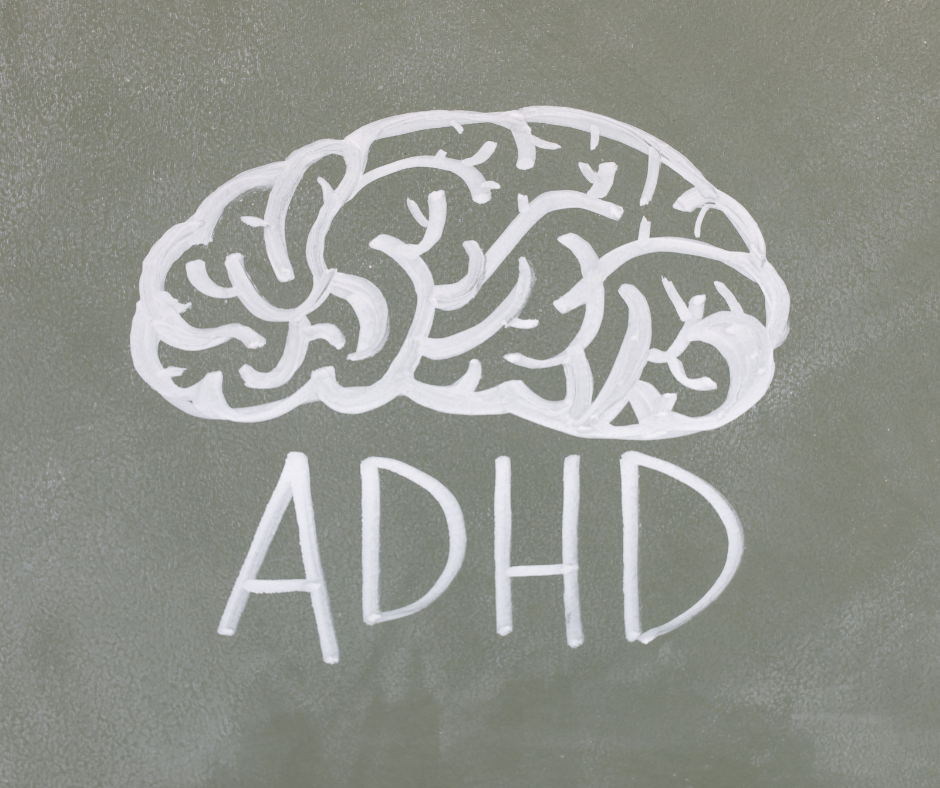Every October, people around the world come together to recognise ADHD Awareness Month—a time dedicated to shedding light on Attention-Deficit/Hyperactivity Disorder, challenging misconceptions, and celebrating the strengths of those who live with it.
ADHD affects both children and adults, and while it is one of the most common neurodevelopment conditions, it’s also one of the most misunderstood. Awareness matters because too many people still view ADHD through the lens of stereotypes—thinking it’s just about being “hyper” or “distracted.” In reality, ADHD is a complex condition that impacts focus, organisation, emotional regulation, and daily life management.
Why ADHD Awareness Matters
• Reducing stigma: Misconceptions can make people feel judged or dismissed rather than supported.
• Encouraging diagnosis & support: Many adults live undiagnosed, not realising their struggles may have an explanation.
• Highlighting strengths: ADHD often comes with creativity, innovation, and resilience that should be celebrated.
• Promoting resources & accommodations: Schools, workplaces, and families benefit when they understand ADHD and adapt environments to help individuals thrive.
Common Myths About ADHD
• Myth: ADHD is just a childhood disorder.
• Fact: ADHD can persist into adulthood and may look different over time.
• Myth: People with ADHD are lazy or unmotivated.
• Fact: ADHD affects executive functioning, not intelligence or drive. Support and strategies help individuals succeed.
• Myth: ADHD is over-diagnosed.
• Fact: Research shows ADHD is under-diagnosed in many groups, especially women and people of colour.
How to Support ADHD Awareness Month
• Educate yourself and others through reliable resources.
• Listen without judgment when someone shares their experience.
• Advocate for accommodations in schools and workplaces.
• Celebrate neurodiversity and the unique perspectives people with ADHD bring to the table.

